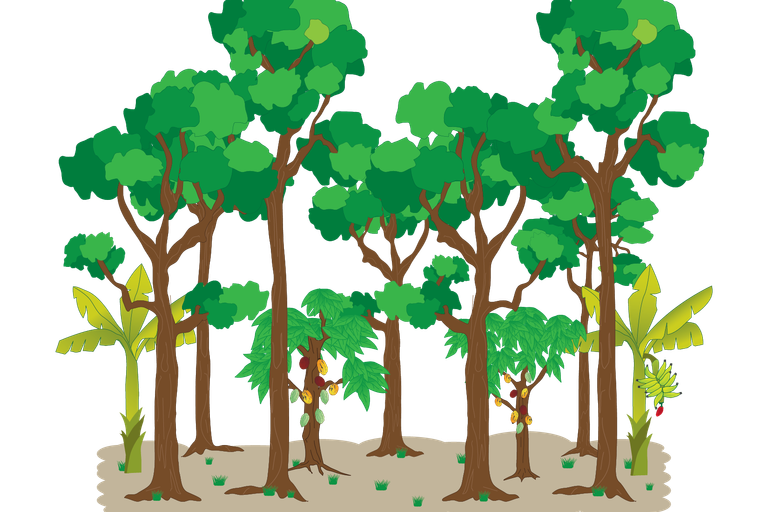Each session consists of five parts:
1. Topic: An introduction to recapture existing background knowledge from Senior High Schools science and geography classes and link it to current climate change phenomena.
2. Variable: A description of a selected climate variable or process, its unit and its measurement. This variable is relevant to understand the introduced climate change topic and is subsequently treated in more depth.
3. Experiment: A low-budget experiment to further investigate the climate variable and its physical, spatial and temporal dependencies. Students are introduced to scientific fieldwork and data collection. All necessary material is easily available.
4. Data Exploration: An analysis of either TAHMO or self-measured time series data of the respective variable. Students are encouraged to train their ICT skills and draw conclusions from scientific data.
5. Action: Concrete ideas of tackling challenges associated with climate change and initiating action at the school or the community level.
“Science Action in Schools for Sustainable Development (SAS4SD)” brings together expertise from Swiss institutions of higher education and in partnership with institutions in Ghana and Cameroon, to collectively develop and implement teaching programs for science curricula that will, through interactive engagement, enhance students’ knowledge and understanding of scientific theory, data and appli- cations, and at the same time link theory to practice to raise awareness about sustainable development goals and ways to achieve these goals. The four pillars of the project are data collection from the Trans-African Hydro-Meteorological Observatory (TAHMO) weather stations, development of teaching materials, research activities, and community initiatives.




